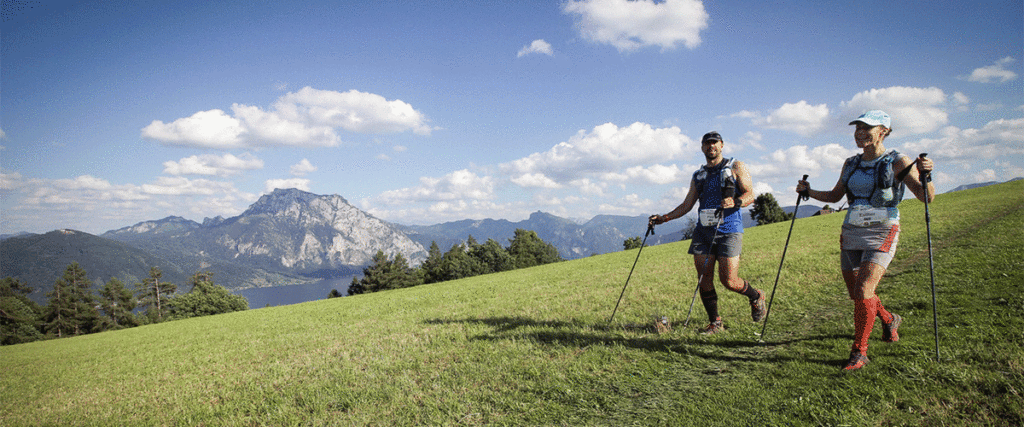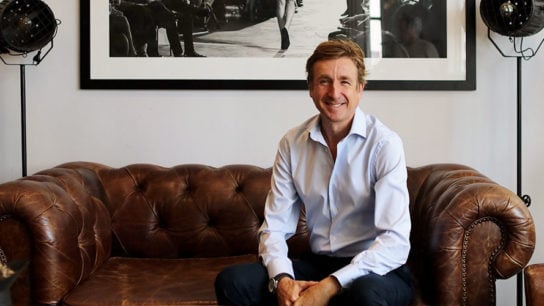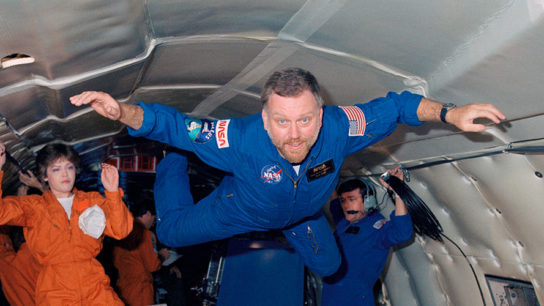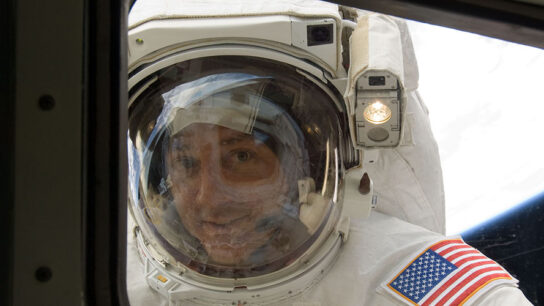Adventurer Paul Niel has conquered 62 peaks in 97 countries. Now, with his wife Esther Röling, he is a pioneer of a new kind of adventure, the ‘impactful expedition.’
Hong Kong-based speaker and adventurer Paul Niel cultivated his addiction to the raw power of nature growing up in the mountains of Austria. By 2013, he conquered the world’s Seven Summits, climbing Everest and Lhotse, the world’s highest and fourth highest peaks, back to back within 24 hours. Factor in his expedition to the Gobi desert, ascents in Antarctica and China showcased in the award-winning documentary, ‘Tibetan Dreams,’ and his recent trek around the 80 km coastline of Hong Kong Island, and here’s a man who knows what it takes to complete a challenge. Trekking to the Hive Central’s neighbourhood with a fractured foot for this interview, he sat down with us to explain his vision of ‘impactful adventure.’
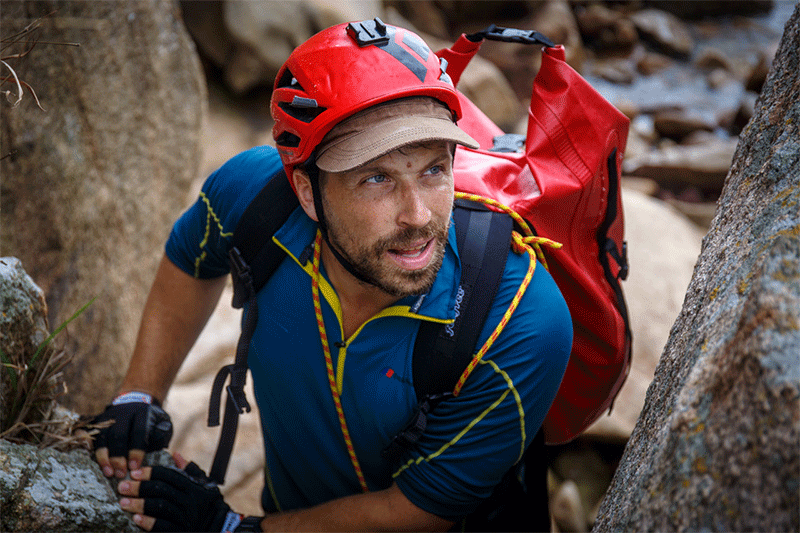
Paul relocated from London to the Hong Kong branch of Goldman Sachs eight years ago to satisfy his desire to live in Asia. Finding it increasingly difficult to juggle corporate life with his passion for exploration, he removed himself from the financial world in 2013. Two years later, he took on the role of Head of Expeditions of the Explorers Club Hong Kong, an institution facilitating expeditions for Hong Kong explorers and scientists. “I set examples of how adventure and exploration should be done in the 21st century,” he says. For him, that means making sure the experiences are as impactful as they are challenging. Together with his wife Esther Röling, the chapter’s Head of Programmes, he now strives to complete – and get others to embark on – expeditions that harness the use of technology to solve scientific problems. “Thankfully, I have a wife who shares this passion, so we can do these things together,” he says.
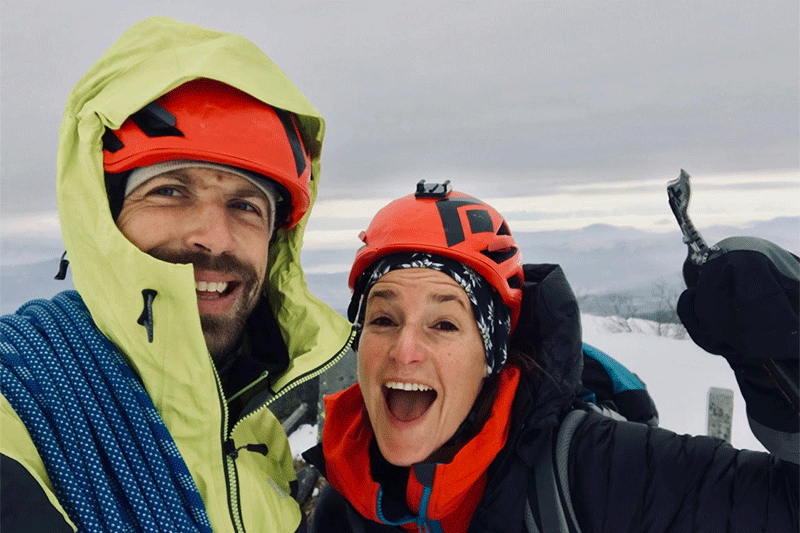
In 2017, the duo embarked on their own impactful project Round the Island, coasteering the entire Hong Kong Island coastline to mark pollution spots using the Global Alert app, taking water samples as they went so the Open University of Hong Kong could study the pollution levels. “We climbed, swam, scrambled and walked around the water line,” Paul recalls. “It took us six days to complete, along which we had black rain, jellyfish, we almost got rammed by the Lamma ferry and were chased by policemen who couldn’t get to us.” It was their purpose of mapping the pollution points that gave them the momentum to keep going.
“It’s very different if you do an expedition without a deeper meaning,” says Esther. “When we were sitting in the black rain and lightning, we knew we had to finish it.” Another case in point would be Paul’s ‘Education Explorers’ project, in which he drove 3,000 km across India in a tuk-tuk, raising USD 100,000 to give more than 10,000 girls in rural India access to an education. “Halfway, we had a really bad accident, but for some reason, you keep on going because you want to finish this mission. You have something you firmly believe in. I think the purpose really gets you further than just the challenge on its own.” And it’s a purpose that holds long after the mission is over. Next up, Esther is spearheading the Action Adventure Cleanup, the clean-up initiative inspired by their Round the Island project.
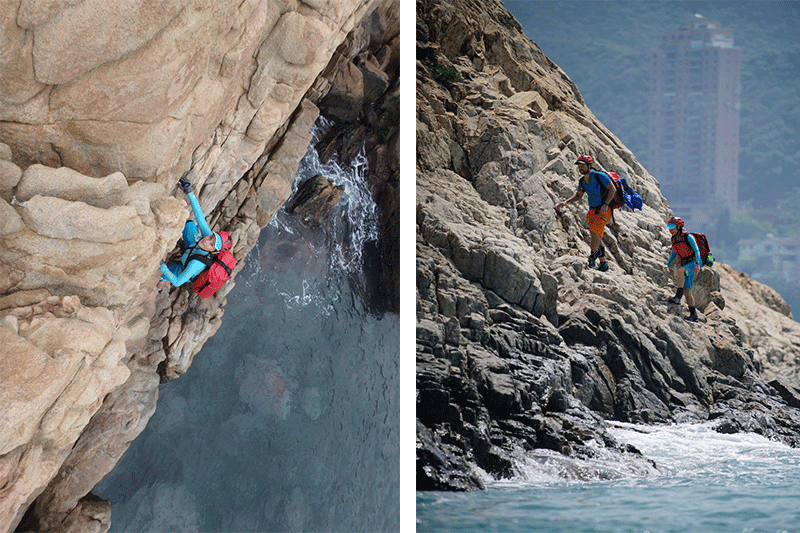
With a newfound focus on impact over risk, Paul says his role as a father of a three-year-old does not allow him to scale summits just for fun anymore. “We’re trying, as we get older, to make them less and less often.” Still, try as they might to avoid it, danger can strike close to home. Recently, when scaling Sharp Peak in Sai Kung, the rock Paul grabbed onto dissolved in his fingers, sending him free falling 20 metres. Crashing leg first before landing on his head – it took eight hours for the couple to be rescued by helicopter. “You don’t need to travel far to have a very crazy adventure,” he says.
“It’s never going to come with nice cakes and massages, it’s going to hurt and you’re going to have to be ready for that,” says Esther. “With these kinds of challenges, you need training, but I think the bigger part is mental training.” The mental training, and the output on the other side, for those for whom a quest for adventure is now as much a personal passion as a force of change.
